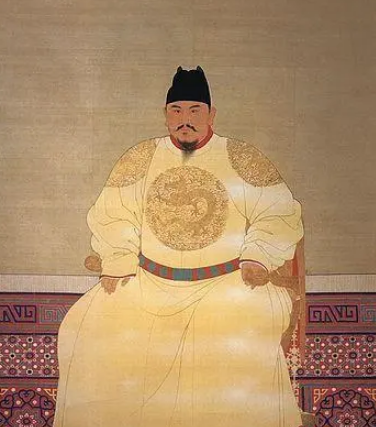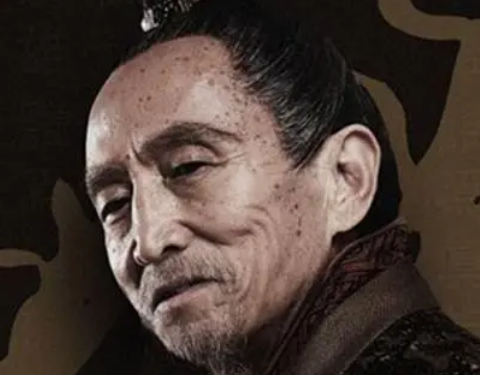In the ancient history of China, the succession of the throne was often accompanied by complex power struggles. After the death of Qin Huiwen, the King of Qin, the issue of succession between his son Qin Wuwang and Qin Zhaoxiang Wang Yingji was no exception. This article will explore why Qin Wuwang chose Yingji to succeed him, and whether their relationship was truly as harmonious as it appeared on the surface.

During his reign, Qin Wuwang, despite his reputation for bravery, did not have a solid grip on power. His brief reign witnessed exceptionally fierce power struggles within the Qin Kingdom. Qin Wuwang chose Yingji as his successor due to Yingji's own talents and prestige, as well as considerations for the future stability of the Qin Kingdom.
According to historical records, Yingji had already demonstrated outstanding political and military talents during Qin Wuwang's reign. Qin Wuwang might have realized that forcibly deposing Yingji could provoke dissatisfaction among the nobility and the military, potentially leading to national division. Therefore, he chose to support Yingji, hoping to maintain national stability and his own authority through this approach.
However, Qin Wuwang's choice was not entirely based on trust and fulfillment for Yingji. Under the prevailing political circumstances, he might have also considered his own safety and the stability of his power. By supporting Yingji's succession, Qin Wuwang could control the situation to a certain extent, avoiding direct conflicts and confrontations. This choice was more of an expedient measure than a genuine collaboration.
From Yingji's perspective, he had no reason to depose Qin Wuwang. On the one hand, Qin Wuwang was his elder brother, and according to traditional concepts, brothers should respect and support each other. On the other hand, Qin Wuwang's support was a favorable political resource for Yingji, which he could utilize to consolidate his position.
In summary, Qin Wuwang's choice to succeed Yingji was a complex decision-making process that involved multiple considerations of power, family relations, and political stability. Their cooperation was not entirely based on trust and sincerity, but rather built on their respective interests and the foundation of national stability. This historical event reflects the complexity of succession struggles within ancient royal families and showcases the wisdom and strategies of power games.
Disclaimer: The above content is sourced from the internet and the copyright belongs to the original author. If there is any infringement of your original copyright, please inform us and we will delete the relevant content as soon as possible.































